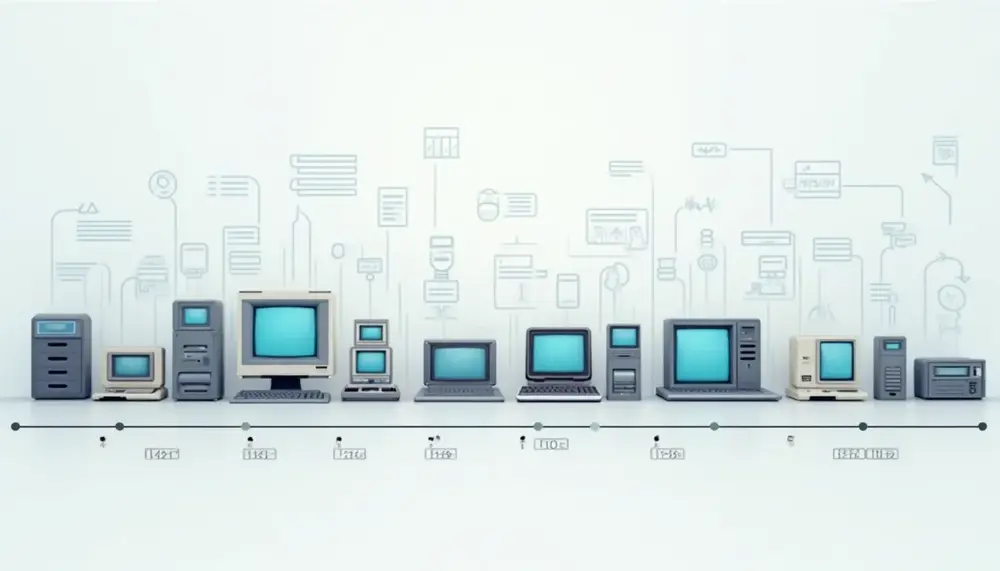Enterprise Resource Planning
Enterprise Resource Planning
Enterprise Resource Planning (ERP)
Enterprise Resource Planning (ERP) is a type of software used by organizations to manage and integrate the important parts of their businesses. An ERP software system can integrate planning, purchasing inventory, sales, marketing, finance, human resources, and more.
How ERP Relates to Knowledge Management
ERP systems play a crucial role in Knowledge Management by centralizing data and processes. This centralization helps in storing, retrieving, and sharing knowledge across the organization. For example, an ERP system can store customer data that can be accessed by both the sales and customer service teams, ensuring everyone has the same information.
Benefits of ERP in Knowledge Management
Using ERP systems in Knowledge Management offers several benefits:
- Improved Data Accuracy: Centralized data reduces errors and inconsistencies.
- Enhanced Collaboration: Teams can easily share information and work together.
- Better Decision-Making: Access to accurate and up-to-date information helps in making informed decisions.
Examples of ERP Systems
Some popular ERP systems include SAP, Oracle, and Microsoft Dynamics. These systems offer various modules that can be customized to fit the specific needs of an organization.
Conclusion
In summary, Enterprise Resource Planning systems are essential tools in Knowledge Management. They help in organizing and managing data, which leads to better collaboration and decision-making within an organization.
Blog Posts with the term: Enterprise Resource Planning

The article discusses the importance of knowledge repository solutions in modern business environments, highlighting their role in improving efficiency, collaboration, and decision-making. It outlines key features for effective repositories and provides steps and best practices for building and maintaining them...

The article discusses the rapid evolution of Knowledge Management (KM) driven by emerging technologies like AI and Machine Learning, highlighting their benefits such as task automation, personalized learning, and predictive analytics. It also examines the pros and cons of these...

The article discusses the importance of efficient information storage and retrieval for better decision-making, productivity, and knowledge sharing. It explores key concepts in data encoding, storage media, organization, backup methods, search algorithms, indexing, query processing, ranking techniques, and presents real-world...

In today's fast-paced business environment, efficient information storage and retrieval are crucial for better decision-making, improved productivity, and gaining a competitive edge. This article outlines best practices for managing organizational data through effective organization, appropriate storage solutions, robust retrieval mechanisms,...

A knowledge management system (KMS) is essential for capturing, storing, and sharing information within an organization to enhance decision-making and efficiency. Core requirements include accessibility, security, scalability, integration with other tools, powerful search functionality, collaboration features, analytics capabilities, up-to-date responses...

The article discusses how technology enhances information management systems by automating tasks, improving data storage and analysis, facilitating collaboration, and ensuring security. It also highlights various technologies like DBMS, cloud computing, ERP systems, CRM systems, BI tools, DMS, and data...

Information Management Systems (IMS) are essential software solutions that help organizations efficiently collect, store, manage, and distribute data to enhance decision-making and streamline operations. These systems perform core functions such as data collection, storage, organization, retrieval, analysis, security, workflow automation,...

Management Information Systems (MIS) integrate data, technology, people, and processes to enhance decision-making and organizational efficiency, evolving from manual systems to advanced cloud solutions. Their development reflects technological advancements that have transformed business strategies while presenting challenges like implementation costs...

Agile Knowledge Management (KM) focuses on flexibility, scalability, and responsiveness to adapt to rapid changes in business environments. It leverages modern technologies for real-time information sharing and continuous improvement, contrasting with traditional KM's structured methods....

Information Management Systems (IMS) centralize, streamline, and secure data to enhance decision-making, foster innovation, ensure compliance, and support scalability. Key components like integration capabilities, user-friendly interfaces, automation tools, and robust security measures make IMS essential for operational efficiency and strategic...

Core MIS principles involve transforming raw data into actionable insights through analytics, system design, and governance to drive business value while ensuring compliance. Mastery requires understanding the full data lifecycle, applying appropriate methodologies, effective visualization, modular system design, thorough testing,...

Information management systems are crucial for enhancing efficiency and decision-making in supply chains by providing real-time data, automating processes, and fostering collaboration among stakeholders. They enable organizations to adapt quickly to market changes while managing risks effectively....